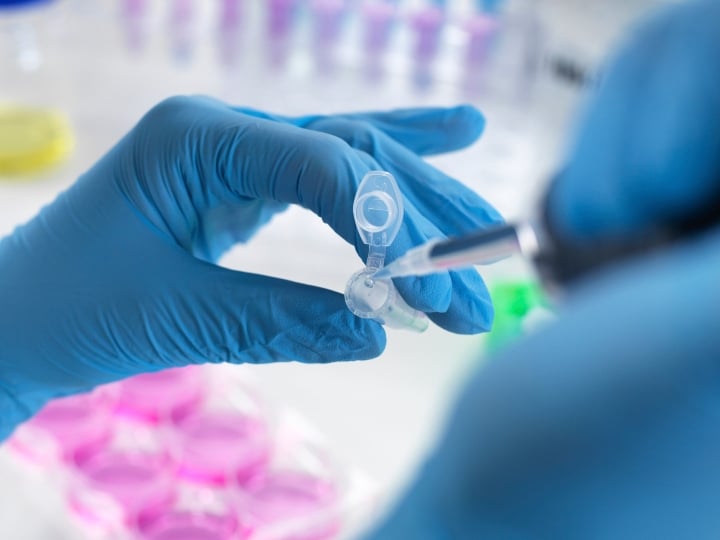Unlocking Material Insights through Differential Scanning Calorimetry (DSC) analysis
Differential Scanning Calorimetry (DSC) analysis is a sophisticated thermal analysis technique that drives understanding of material properties. By precisely measuring the heat flow into or out of a sample in relation to temperature or time, DSC analysis provides invaluable insights into a wide array of material characteristics. From glass transition temperature to thermal stability, this powerful analytical tool offers a comprehensive assessment of materials.
Understanding DSC AnalysisAt its core, DSC analysis involves subjecting a sample to a controlled temperature program while quantifying the heat exchange with the surroundings. The technique measures how much heat is absorbed or released during phase transitions or chemical reactions, offering a glimpse into the material's thermal behavior.
Material Properties Evaluated through DSC Analysis
DSC analysis plays a pivotal role in evaluating a diverse range of material properties:
Glass Transition Temperature (Tg): Identifies the temperature at which a material transitions from a glassy to a rubbery state, crucial in understanding material behavior.
Melting and Crystallization: Determines the melting and crystallization points of materials, providing vital information for manufacturing and processing.
Specific Heat Capacity: Measures the amount of heat required to change the temperature of a material, aiding in material selection for various applications.
Cure Process: Characterizes the curing or hardening process of materials, essential in applications like adhesives and coatings.
Purity and Oxidation Behavior: Assesses the purity of substances and their susceptibility to oxidation, ensuring material quality and stability.
Material Composition and Crystallinity: Compares heat flow rates between the test sample and reference materials, revealing variations in composition and crystallinity.
The DSC Analysis Procedure: A Closer Look
A typical DSC analysis involves placing a small sample (1-15 mg) within a closed crucible, which is then inserted into a temperature-controlled DSC cell. Simultaneously, an empty crucible is used as a reference to calibrate the system. The sample undergoes controlled heating or cooling, and the heat flow is monitored and analyzed to identify phase transitions and reactions.
Advanced Approaches: Modulated DSC
For more intricate studies, Modulated DSC employs a temperature modulation technique to pinpoint weak transitions and distinguish overlapping thermal events. This advanced approach significantly enhances the precision and accuracy of the analysis.
Differential Scanning Calorimetry analysis is an indispensable tool for material analysis. Its ability to unveil critical material properties empowers researchers and industries to make informed decisions, optimize processes, and ensure the highest quality of products across diverse material categories. Contact our scientists now to explore how DSC analysis can help to unlock a deeper understanding of your materials and their thermal behavior, driving innovation and advancements across many sectors.

